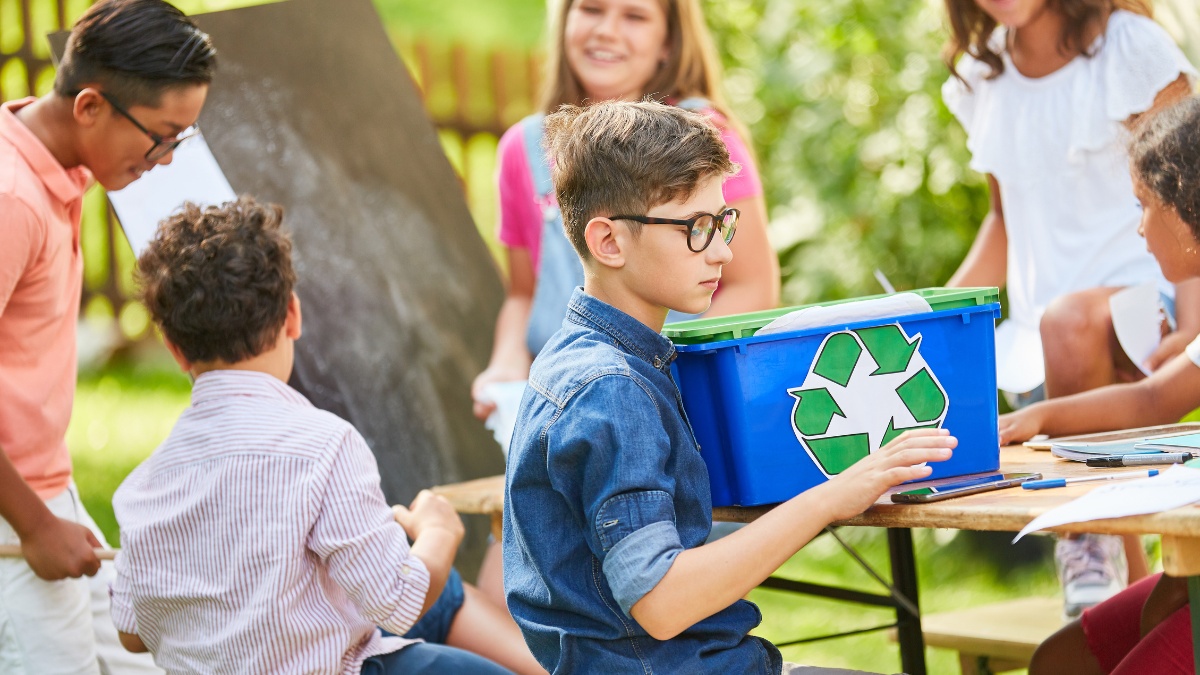Social and emotional learning (SEL) is a process that helps individuals develop the skills needed to manage their emotions, build positive relationships, and make responsible decisions. It is a vital aspect of education that can help students succeed both in school and in life. There are five core concepts of SEL that have been identified as key to promoting social and emotional development in students. In this blog, we will explore these concepts and their importance in fostering healthy social and emotional growth.
1. Self-Awareness
Self-awareness is the ability to recognize and understand one's own emotions, thoughts, and behaviors. It is the foundation of social and emotional learning and is critical to developing healthy relationships and making responsible decisions. Students who are self-aware are better equipped to manage their emotions and respond appropriately to the emotions of others. They are also more likely to have a positive self-image and be confident in their abilities.
To promote self-awareness in students, educators can encourage them to reflect on their emotions and behaviors. Social-Emotional Learning Activities such as journaling, mindfulness exercises, and self-assessments can help students become more self-aware.
2. Self-Management
Self-management is the ability to regulate one's emotions, thoughts, and behaviors in a productive manner. It involves managing stress, controlling impulses, and setting and achieving goals. Students who are skilled in self-management are better equipped to handle difficult situations and make responsible decisions.
To promote self-management in students, educators can teach them coping strategies such as deep breathing, positive self-talk, and time management skills. They can also create a supportive classroom environment that encourages students to take risks and learn from their mistakes.
3. Social Awareness
Social awareness is the ability to recognize and understand the emotions and perspectives of others. It involves empathy, respect, and inclusivity. Students who are socially aware are better equipped to build positive relationships with others and work collaboratively.
To promote social awareness in students, educators can encourage them to consider the perspectives of others and engage in activities that promote diversity and inclusivity. They can also model positive social behaviors and provide opportunities for students to work in groups.
4. Relationship Skills
Relationship skills are the ability to establish and maintain healthy relationships with others. It involves communication, collaboration, and conflict resolution. Students who are skilled in relationship building are better equipped to work collaboratively, resolve conflicts, and build positive relationships with others.
To promote relationship skills in students, educators can teach them effective communication strategies, provide opportunities for collaboration, and model positive social behaviors.
5. Responsible Decision-Making
Responsible decision-making is the ability to make ethical and constructive choices about personal behavior and social interactions. Students who are skilled in responsible decision-making are better equipped to navigate difficult situations and make positive contributions to their communities.
To promote responsible decision-making in students, educators can provide them with opportunities to practice decision-making skills and encourage them to consider the consequences of their actions. They can also model responsible decision-making behaviors and provide guidance and support when needed.
In conclusion, social and emotional learning is a vital aspect of education that can help students succeed both in school and in life. The five core concepts of SEL—self-awareness, self-management, social awareness, relationship skills, and responsible decision-making—are key to promoting healthy social and emotional growth in students. Educators can promote these concepts by modeling positive behaviors, providing opportunities for reflection and practice, and creating a supportive classroom environment that encourages growth and learning.


No comments yet